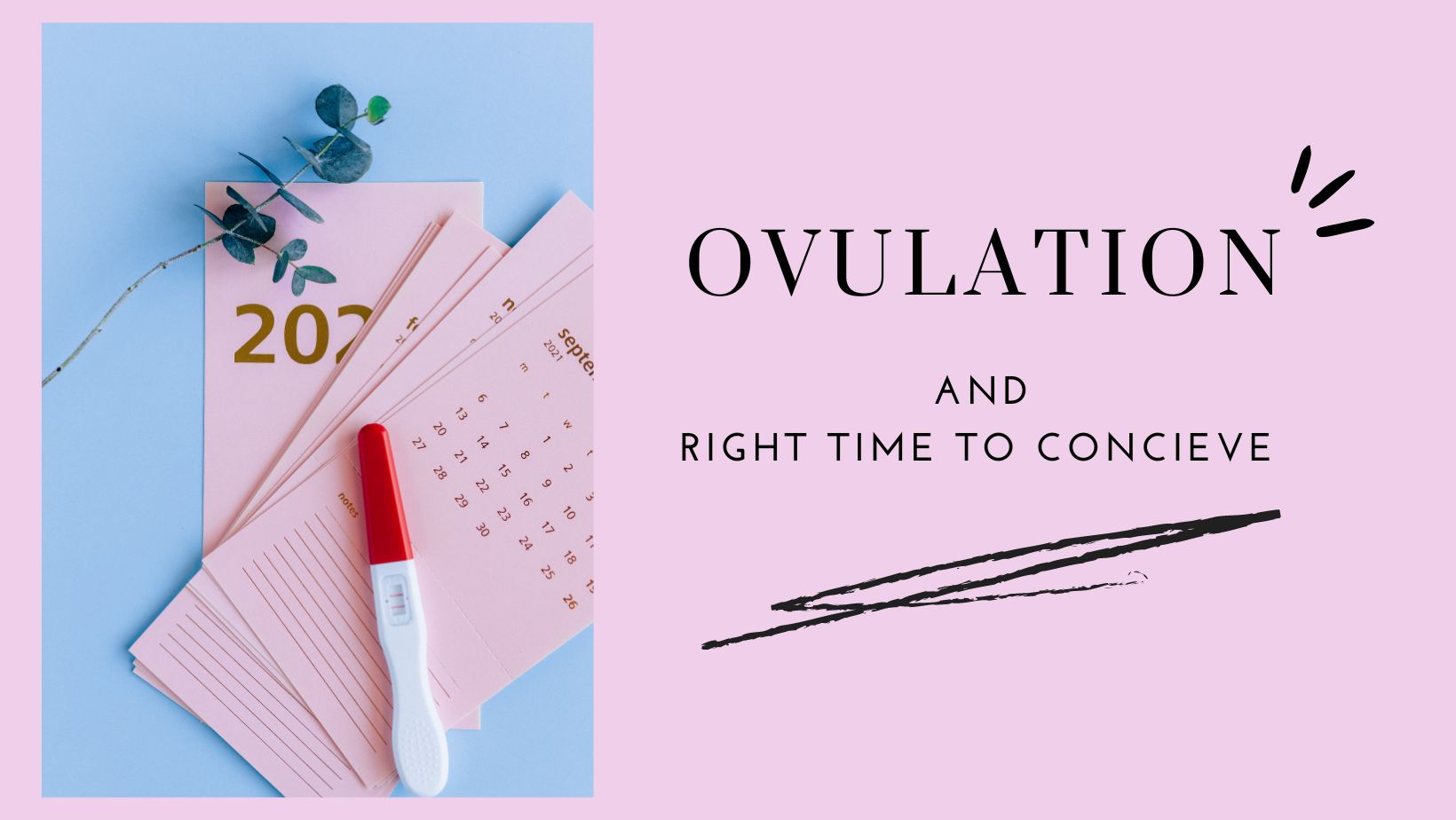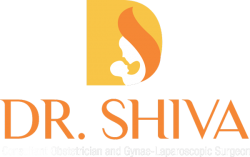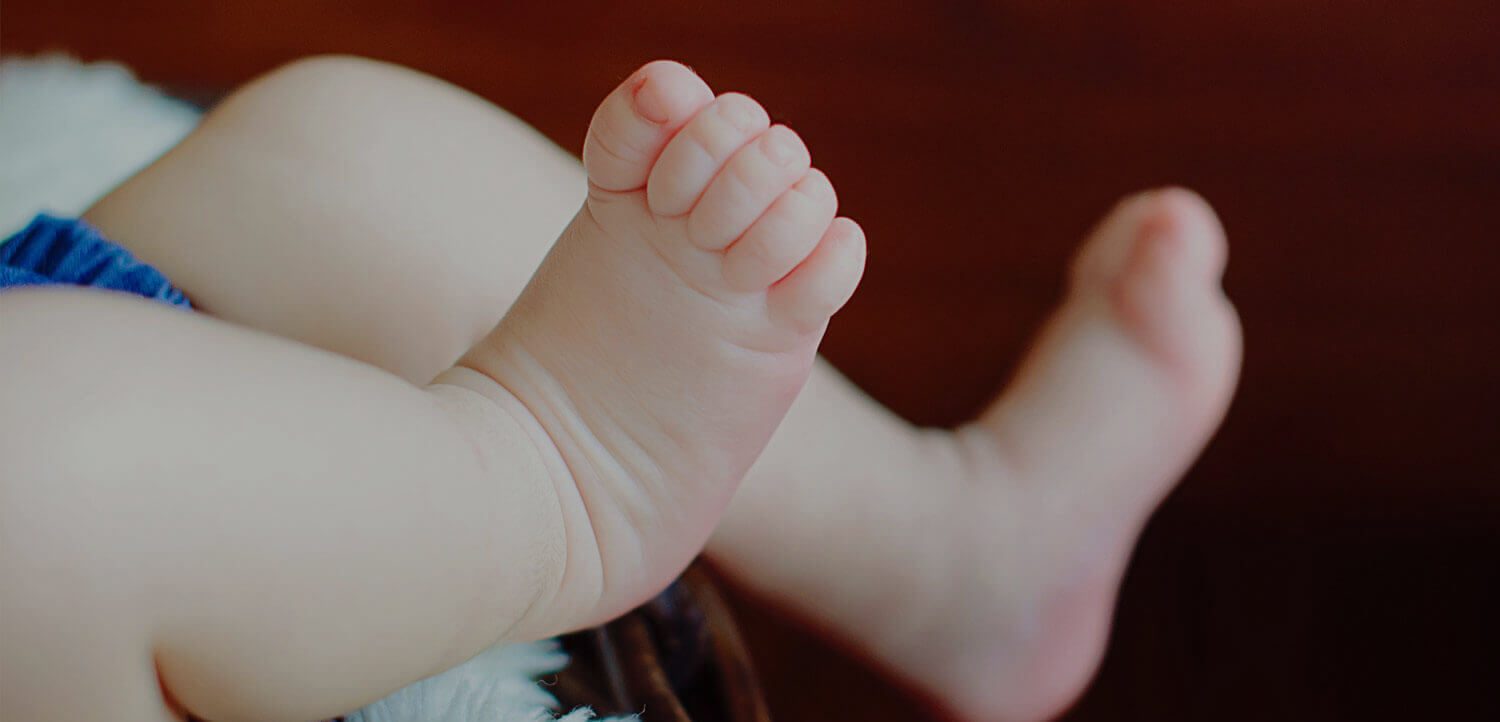
Ovulation is the time when an egg is released by the ovary, it travels through the fallopian tube and remains there for 12 to 24 hours where it gets fertilized in the presence of a sperm. If you are trying to get pregnant, you need to keep track of your ovulation because you can get pregnant only if you have intercourse during the five days before or on the day it happens.
When does ovulation occur?
It typically occurs 14 days prior to the start of the next menstrual cycle. This is applicable for those who have a 28-day menstrual cycle but in most situations, the cycle length may vary slightly. In such cases, it is best to maintain a menstrual calendar to keep track of your ovulation date.
Symptoms of ovulation or how can you identify that you are ovulating?
- Vaginal secretion – before ovulation starts the vaginal secretions will be wet and clear. The sperm can also easily travel in the presence of this mucus. After ovulation, these secretions decrease and become thicker.
- Increase in body temperature – the body temperature increases during ovulation which can be detected using a thermometer.
- Ovulation kit – Before you start ovulating, your hormone levels rise. This kit can detect the presence of these hormones in your urine. If it shows a positive sign, chances are you will be ovulating within the next two days.
Other signs include tenderness of breasts, slight cramping, or bloating along with the earlier-mentioned symptoms.
When is the best time to conceive?
When the sperm is already present in the fallopian tube when the egg is released, i.e. during ovulation, the chances of getting pregnant are best. In the right conditions, the sperm can survive within the female reproductive system for about five days after sexual intercourse. Hence it is best to have intercourse starting from 3 to 5 days before the day of ovulation to that day to increase the chances of getting pregnant. This duration is also known as the fertile window, which is the time frame during which you can get pregnant. Beyond the fertile window, the chances of getting pregnant are almost nil as an egg cannot be fertilized after that to create an embryo.
How to identify if you are pregnant after ovulation?
The earliest symptoms can start 4 days past ovulation (also known as DPO). But the symptoms can also exist even if you are not pregnant. So do not consider these signs as sure signs of pregnancy. Some of them are –
- slight cramps (but it can also be the start of menstrual bleeding)
- spotting – caused by implantation bleeding, but this occurs only around 6 to 12 days after ovulation
- tender breasts
- nausea
An accurate method to identify if you are pregnant is to take a pregnancy test after ensuring you have missed your periods (if you are having regular periods). Else wait till 3 weeks after ovulation (if you have irregular periods). But for the right confirmation, you will need to consult with the doctor as pregnancy kits may display,
– negative, if the tests were taken early
– false positive, which occurs rarely, if there may be some underlying issue other than pregnancy like menopause, an issue with the ovaries, or when having medications containing hormone HCG.
For more details, kindly consult with us.



